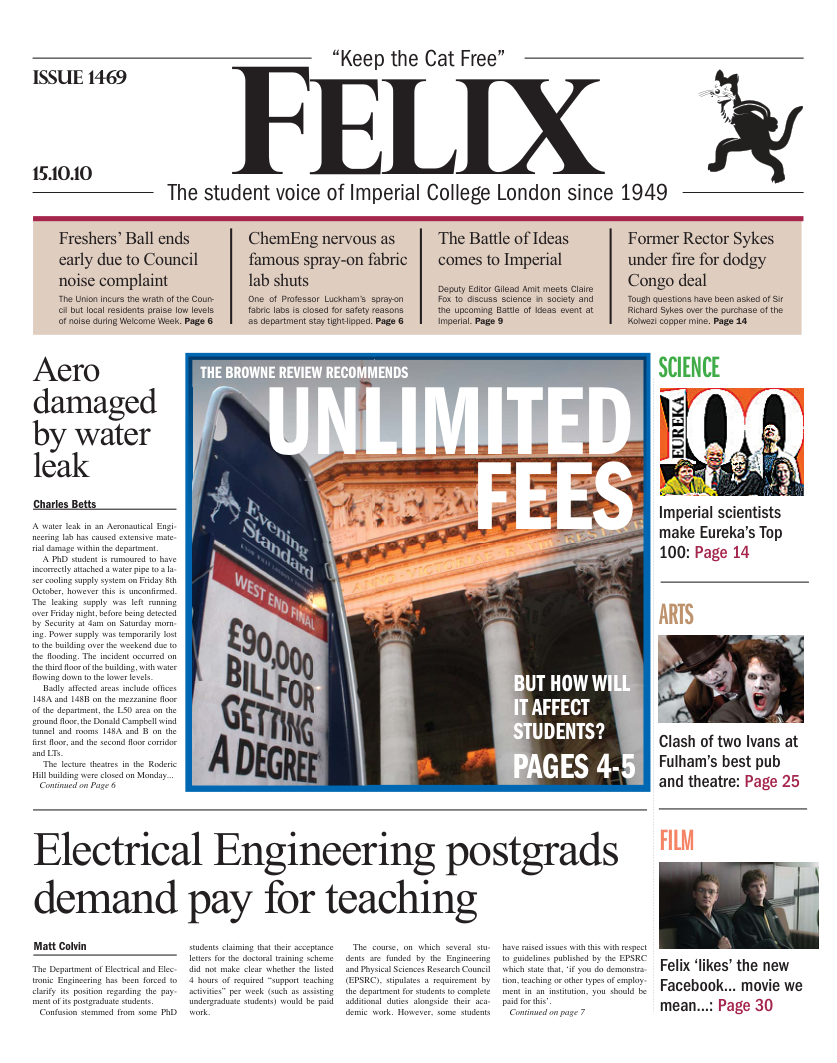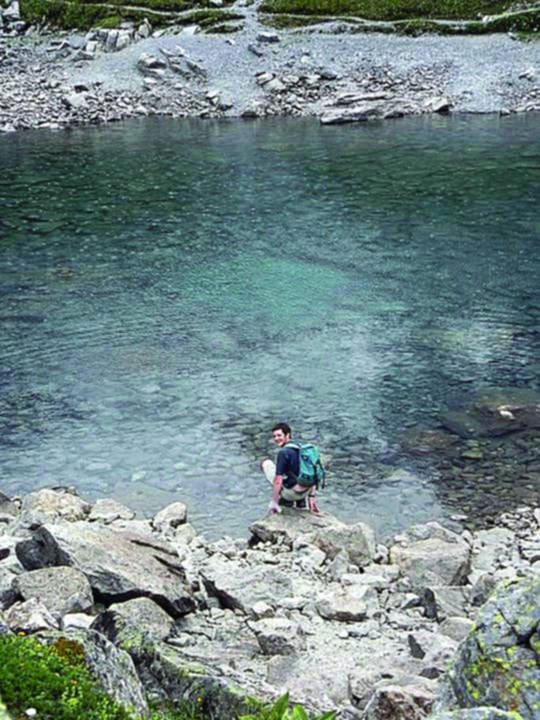Tourism held hostage?
To travel, or not to travel – amidst travel alerts and predictions of terrorist activities, is submitting to the warnings and fears a safe choice?
Despite being seven hundred miles away from the scene of the hostage situation, I felt trapped.
The city of Hong Kong reached a state of media gridlock as every TV channel turned their immediate attention to a dozen of its residents, encased in a tour bus in the possession of a hostile ex-police-cum-gunman, and the rescue mission by a Filipino S.W.A.T. team whose performance outdid any parody of law-enforcement blockbusters.
Painstakingly, though somewhat patiently, I shrugged off a dinner appointment and became stranded before the live broadcast, occasionally hurling insults at any latest act of idiocy – tossing the sledge hammer through windows whilst battering them, for instance – at the entourage of never-to-be rescuers. I feared that if I’d taken my eyes off the news coverage I would miss a vital development. I even feared for the fate of the hostages. But then, within me lurked a fear which would continue to haunt me after the incident.
I feared for the Filipino travel industry. I feared for the inevitable cancellation of my trip to the Philippines.
Confirming my worries, the repercussion struck within 24 hours of the eventual release of the surviving hostages: a code-black travel warning issued by the Hong Kong government.
Danger simply doesn’t persist only in the Southeast Asian island country: indeed, the Manila incident has been eclipsed by recent natural disasters – one of which rendered an area the size of Italy submerged, with another delivering hundreds of violent aftershocks – turbulence in the Middle East, and promise of terrorist attacks in Europe by the US intelligence.
Within the past month, over 50 countries have been faced with by a fresh surge of travel alerts, which urge subjects of the respective nations to practise acute caution – while some actively advise against – travelling to the imperilled locations. Dominating the spotlight is, most certainly, Europe’s latest designation as a high-risk target of terrorism, which resulted in the US government issuing an official warning and raising awareness of the ‘imminent’ threat of terrorism.
The British Foreign Office, France, Sweden and Japan have since reciprocated with similar warnings of their own, further highlighting public transport systems and popular tourist spots as potential targets.
The alert has been a fairly effective deterrent so far: a recent survey shows that 19% of US travellers have consequently cancelled their visit to Europe, with 52% citing Europe as a no-go zone for as long as the alerts prevail.
These are troubled times for the travel industry. Especially when it has enjoyed much success in the recent years thanks to a revival of interest – evidently so judging by the social media attention it is receiving – and regarding Europe’s status as a fashionable tourist destination. It will definitely suffer, above all in the monetary sense, and will most likely continue to suffer long after the US travel alert expires next January.
But how does it affect us as independent travellers? Should we suppress our appetite for travel, for the sake of our safety?
The world has never been truly hazard-free. Even back in the 1970s, a time epitomised as the golden age of free-roamers and peace-loving travellers, grievous words of violence and monstrosities still hanged on to tips of tongues.
Pre-coup Afghanistan may then be the Mecca of hippism, hitchhiking then the trendiest method of travel. But people had other concerns: the communist regimes cast shadows over Russia and China; the majority of the African continent was engaged in civil feuds; the aftermath of Vietnam War and the thriving drug trade left most travellers shunning Southeast Asia.
Combined with more advanced technology, safer modes of transport, more ethical practices of human rights, the modern world is in comparison a much safer place for the traveller.
Many fears have to be attributed to the general melancholic and pessimistic attitudes of our society, often those carved out of media portrayals. For instance, many would-be visitors to Europe – which include businessmen and exchange students – have been pressurised into reconsidering their travel plans since insurance companies cited ‘victimisation under terrorism’ as an ineligible claim to compensation.
So here is my plea: do not fret over the travel alerts and feel intimidated by public speculations. Bear a realistic, yet optimistic, approach when it comes down to planning your next adventure, the same way you would remain undeterred by the latest cyclist accident from cycling to college.
This isn’t to say that no precaution should be taken while travelling – quite the contrary in fact. Do remind yourself to stay alert to your surroundings and ward off potential dangers, as long as such alertness doesn’t dampen your capacity of having a good time.
And since terrorist activities are aimed at major cities for maximum impact, may I suggest visiting lesser-known destinations that are threat-free and, in most cases, more charming than their touristic counterparts? This is a fantastic opportunity to explore the so-called off-beaten tracks – it’s when I get to prioritise my curiosity and sense of security over an obsession of clichés and the fear of unpredictability.
In hindsight, I should have gone to the Philippines – not only a dismissal of my fears and fears of others, or a gathering of better understanding of the current situation, but a show of faith, as a traveller and travel writer, to the Filipino tourism industry.





